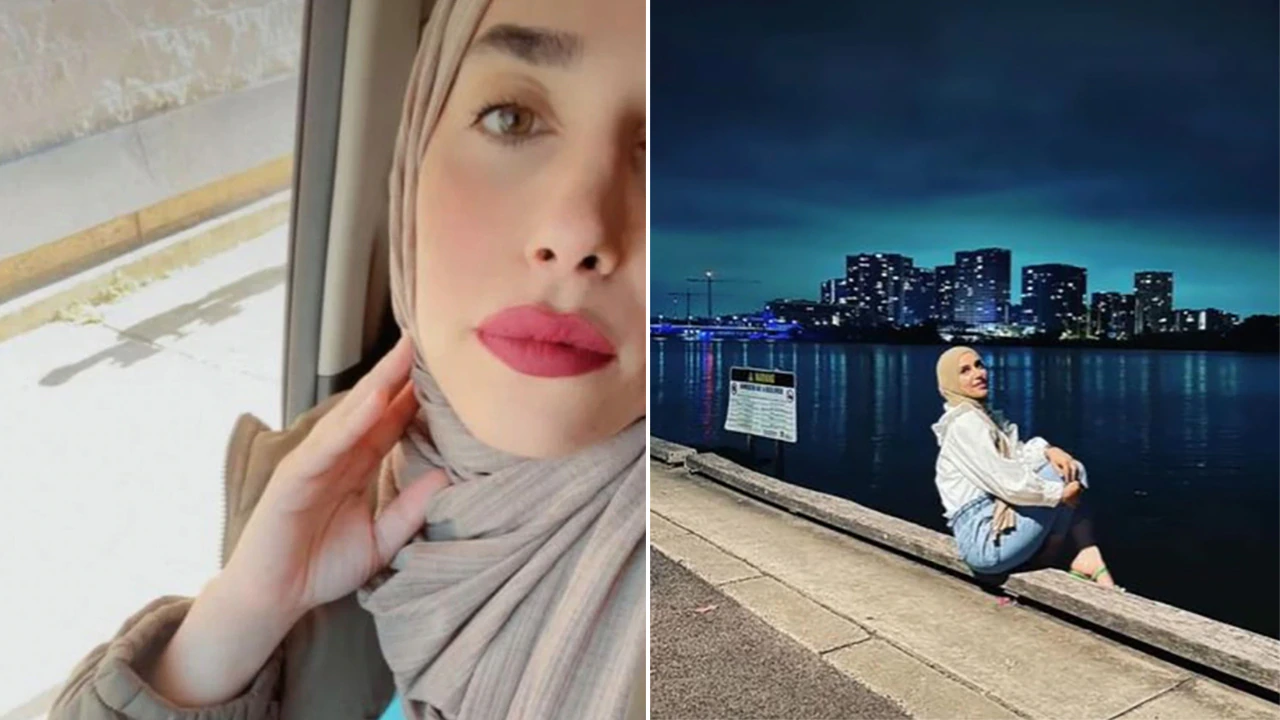The Case That Shocked Sydney
The death of Amira Moghnieh, a 30-year-old mother of three from Sydney’s south, has brought back into the public eye the issue of how Australia punishes and releases people who commit domestic violence. Ahmad Hodroj, 41, her estranged husband, was given a five-year prison sentence with three years of parole after admitting to manslaughter.
Judge Leonie Flannery SC agreed that Hodroj might have had a “blackout” during the deadly fight, but she said that his actions were planned and done on purpose.
Originally Published on Auburn Times
The Night Amira Moghnieh Died
On July 5, 2023, emergency workers were sent to a house in Bexley, which is in the south of Sydney, after neighbours said there was a violent disturbance. Amira Moghnieh was not responding when the paramedics got inside. She was declared dead at the scene, despite all efforts to save her.
She had just called her lawyer a few minutes before she died to make sure it was safe to meet Hodroj to talk about custody and property issues. She said she “felt safe,” but she didn’t know the danger that was waiting for her.
Later, her lawyer said that the call lasted 58 seconds. Amira was gone in 25 minutes.
What kind of person was Amira Moghnieh?
Amira Moghnieh was born in Lebanon and moved to Australia in 2014 in search of safety and opportunity. She moved to Bankstown and started a new life there. She worked in aged care and raised three kids who were between two and six years old. Friends said she was happy, kind, and very devoted to her family.
One friend said, “She was kind, loved life, and was devoted to her kids.”
But things had gotten worse between her and Hodroj. She told her friends that he was controlling and made it hard for her to spend money. She moved into her own apartment in 2022 and filed for a property settlement just eight days before she died. Prosecutors said this may have started the fight that led to her death.
The Last Hours and the Forensic Evidence
Amira worked two shifts that afternoon before driving from Bankstown to Bexley. She talked to a few friends on the way, complaining about money problems but sounding hopeful.
Hodroj called his brother-in-law at 5:45 p.m. and said, “Come, I need you.” When the family got there, they found Amira dead in the kitchen and Hodroj with a bloody face.
Forensic analysis showed that Amira had injuries to her neck that were consistent with external pressure, bruises on her lip and thigh, and her DNA under Hodroj’s thumbnails. There was also blood from her on his hoodie and on a washing machine in the house.
In the NSW District Court
Ahmad Hodroj was first charged with murder, but later he admitted to manslaughter. Greg James KC, Hodroj’s defence lawyer, called the killing a “spontaneous, reactive event” by an “otherwise diligent spouse.” He said that Hodroj had amnesia because of the psychological shock.
The judge agreed with the claim of a blackout, but he said the evidence showed that the behaviour was planned.
Katharine Jeffreys, the prosecutor, asked for a harsh sentence to keep others from doing the same thing. She said that Amira had trusted her estranged husband enough to meet him, which cost her life.
Justice Flannery said that even though Hodroj meant to do it, he was unlikely to do it again and had shown signs of getting better. He has been in jail for more than two years, so he will be able to get out on parole in July 2026.
The Sadness of a Family and a Community
Amira Moghnieh’s parents and siblings gave a moving victim-impact statement in which they talked about how their home, which used to be full of laughter, had become quiet.
- “We have been in a deep state of shock since we heard the news.” Her family said, “Our home is now quiet.”
- “This tragedy has left deep emotional scars on us that will last for the rest of our lives.”
- Friends and neighbours filled social media with messages like “You will always be remembered in our hearts.”
Her relatives are now taking care of her children, and they say that her kindness and spirit live on in them.
The Amira Moghnieh Case’s Wider Effects
The light sentence has sparked a national debate about how the Australian justice system deals with deaths caused by domestic violence. Advocates say that short non-parole periods give the wrong idea about how serious domestic violence is.
Community groups in Bankstown and media outlets like SBS Arabic have started campaigns to raise awareness about financial abuse and coercive control, especially in migrant communities.
Some lawyers said that the manslaughter plea spared Amira’s family more pain, while others said that three years in prison without parole was “a life sentence for her children.”
In Memory of Amira Moghnieh
A woman who came to Australia for a better life was behind the legal action. She was a devoted mother, a hard worker, and an active member of her community.
Her story is a reminder that domestic violence can quickly get worse and end in death, and that every warning sign should be taken seriously.
One family member told the court, “Our lives will never be the same.” But her young family keeps her spirit alive.
Get More Updates: Australian Magazine

